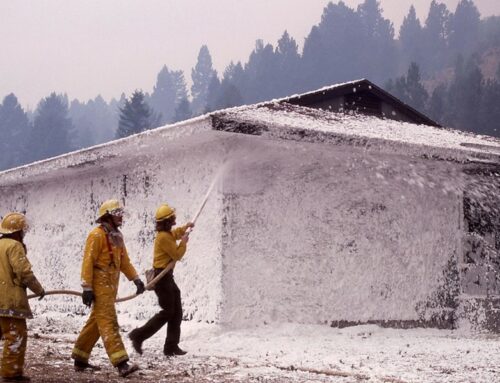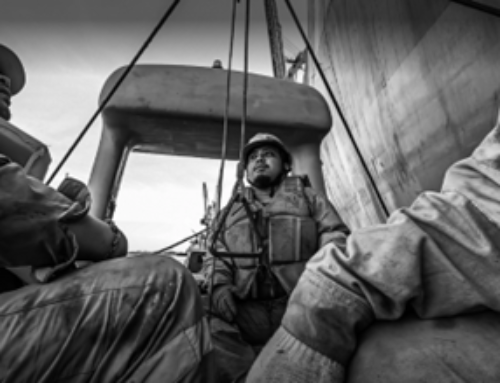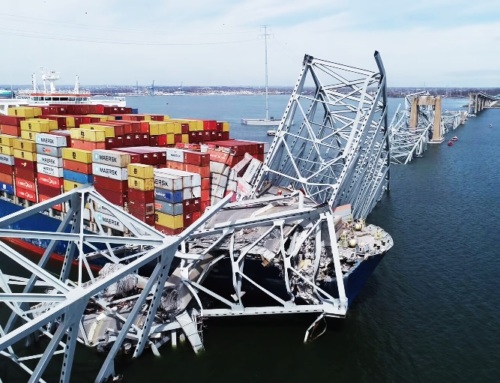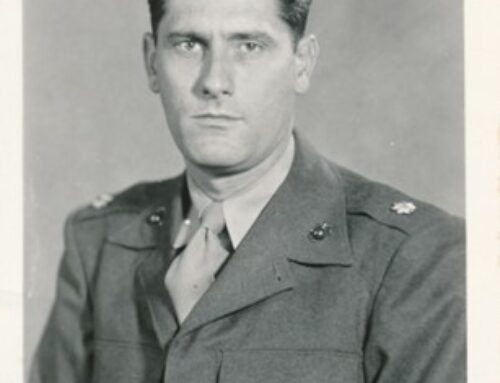Maritime employment and transportation can be a hazardous affair. Too often, offshore and maritime personnel and passengers are exposed to a huge variety of dangers, ranging from harsh weather conditions to mechanical error to employer negligence. Serious injury is a constant risk, and deaths are not uncommon.
This is why laws such as the Death on the High Seas Act (DOHSA) exist; to protect the rights of maritime workers and passenger and their families. When a seaman dies aboard a ship because of negligence on the part of the employer, owner or another crew member, survivors of the victims can file a claim under DOHSA to seek compensation for their loss. Unlike the Jones Act provisions, DOHSA is intended to apply to cases involving vessels on the “high seas”, or international waters at least three nautical miles off the coast of the United States, its territories or dependencies. However, in the wake of the tragic TWA Flight 800 crash, in 2000 Congress amended DOHSA to include wrongful deaths resulting from commercial aviation accidents occurring more than 12 nautical miles from the US coastline.
When filing a maritime suit under DOHSA, the claimant must demonstrate that their loved one was killed because of the vessel owner, employer, or other responsible third party’s negligence or poor judgment, or that the vessel was not seaworthy. Many kinds of incidents are covered, but a few of the most common are sunken, overturned, or collided vessels, onboard fire or explosion, defective equipment, failure to follow safety protocols or provide appropriate medical care, and providing insufficient or incompetent training of personnel.
If the deceased was partly at fault for the incident that led to the death, DOHSA rules do not prevent compensation from being awarded. However, “comparative fault” is taken into account, so that the amount of the award may be decreased in proportion to the level of contributory negligence by the deceased.
It is also of note that under DOHSA, the surviving family members are not entitled to the usual damages for a wrongful death suit. Instead, they are entitled to only compensation for pecuniary (or economic) damages. Pecuniary damages include lost wages and other economic or household support, and post-accident medical and funeral expenses. Under a “Pecuniary Damages only” model, no compensation is allowed for the loss of “care, comfort and companionship”, pain and suffering, or pre-incident expenses. punitive damages also may not be recoverable, regardless how bad the conduct.
However, following the previously-mentioned TWA Flight 800 tragedy, Congress amended the law in 2000 in regards to commercial aircraft. If the death involves a commercial aircraft, the spouse, child, parent, or dependent relative may be compensated for not just pecuniary losses, but also for the loss of the passenger’s “care, comfort and companionship.” Thus a disconnect in the law arises; if your loved one dies from the crash of a commercial aircraft, additional damages are recoverable. Otherwise, the DOHSA “pecuniary loss only” limitation still applies to all vessels operating on the High Seas, plus to general aviation airplanes, public use or military aircraft, and helicopters not operated for revenue purposes.
Any compensation under DOHSA goes exclusively to the spouse, child, parent, or dependent relative. These beneficiaries are strictly defined under the law as the only qualified claimants.
Additionally, DOHSA claims, like all maritime personal injury cases generally, are subject to a three-year statute of limitation. Cases must be filed within this period due to the nature of many DOHSA lawsuits.
Calculating the extent of the damages is a complicated and involved process, and extensive preparation and thorough examination of the evidence is required to definitively prove who is at fault. Because of this, family members who believe their loss of a loved one qualified for compensation should consult with an experienced maritime personal injury attorney as soon as possible to investigate and preserve their rights.






